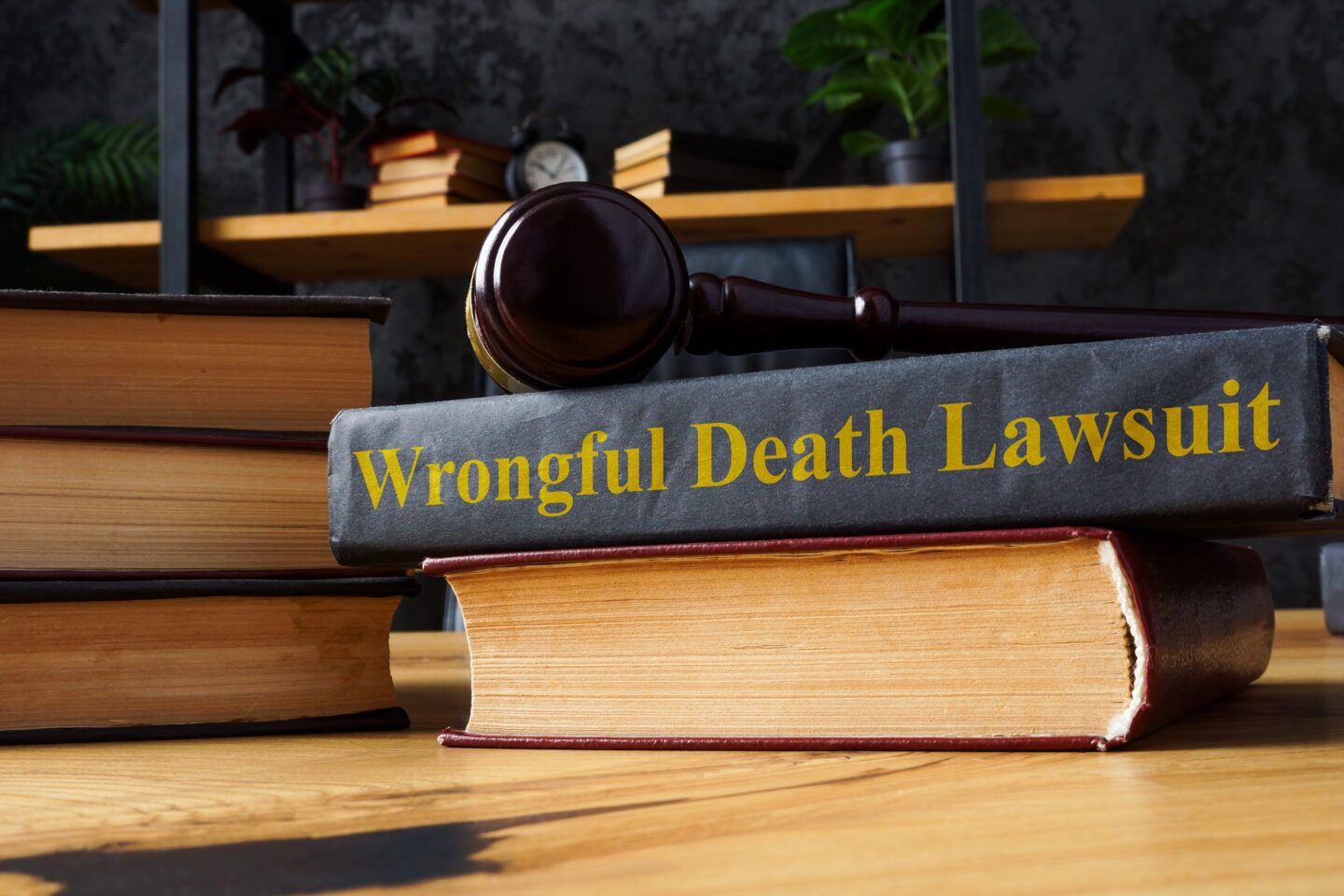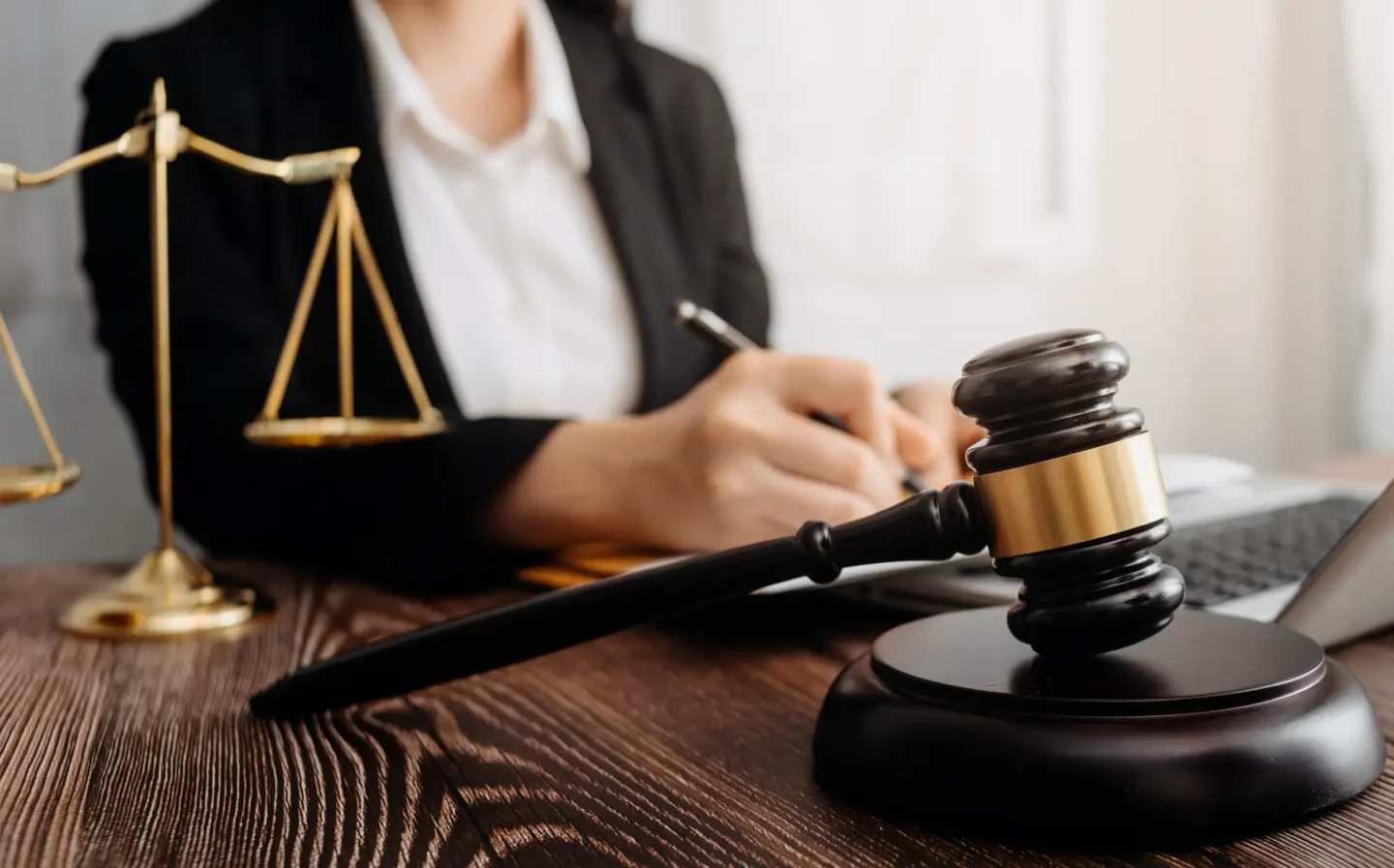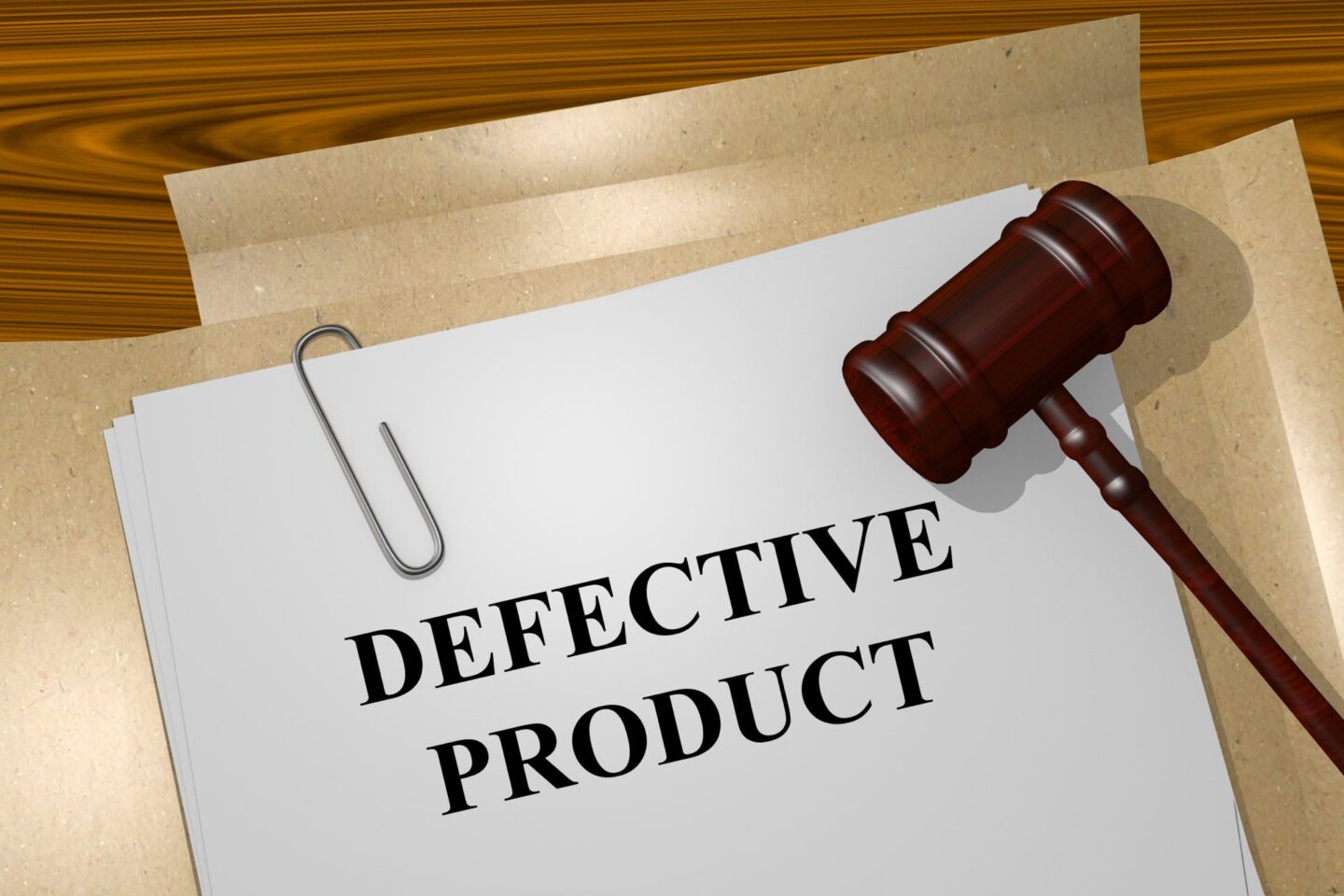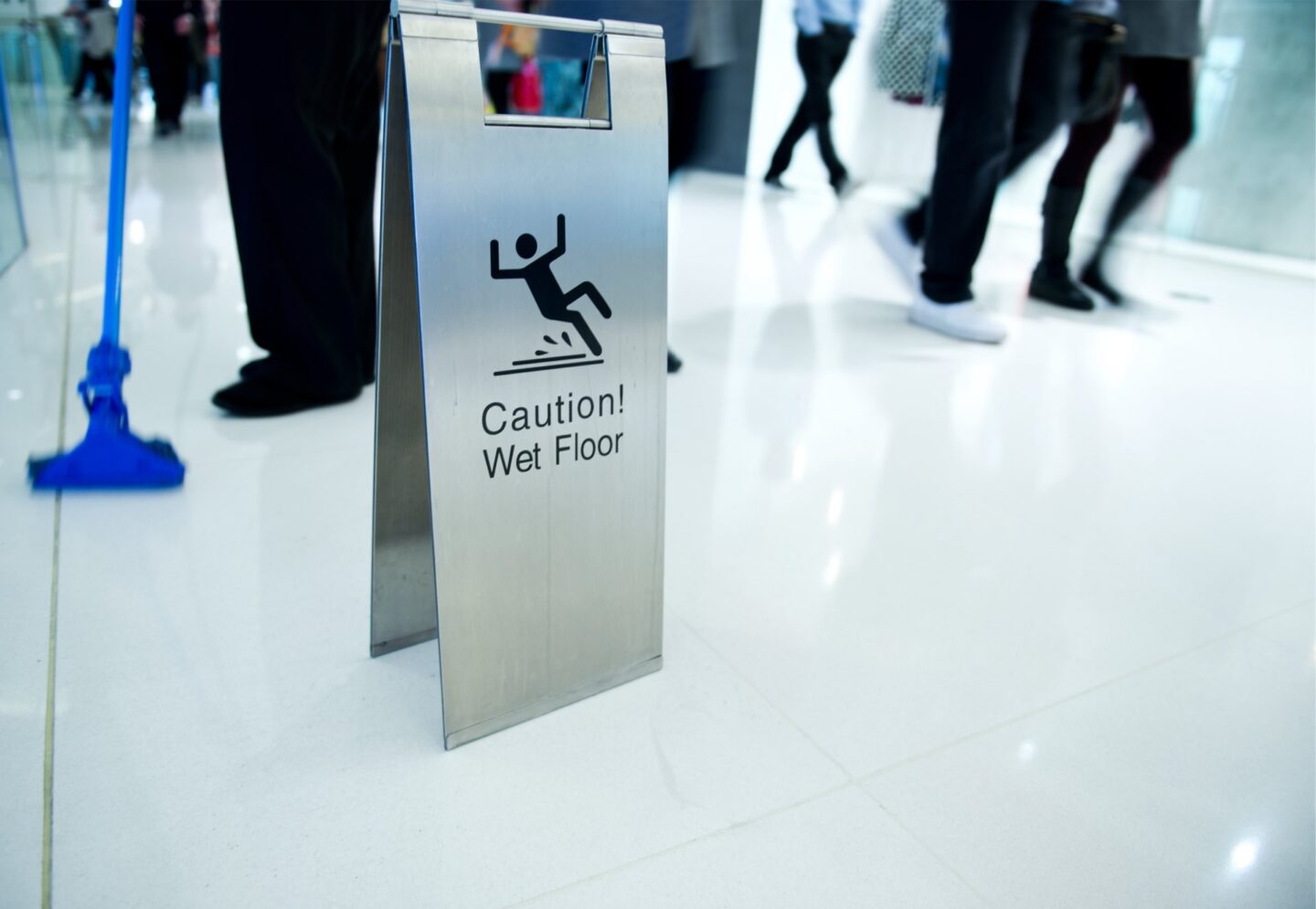1. What qualifies as a traumatic brain injury (TBI) under Washington law?
A traumatic brain injury is typically caused by a sudden blow or jolt to the head that disrupts normal brain function. In Washington, TBIs may result from car accidents, falls, sports injuries, or assaults and can range from mild concussions to severe brain damage, causing long-term impairment or disability.
2. How do I know if I have a valid brain injury claim in Washington State?
If your brain injury was caused by someone else’s negligence, such as a reckless driver, unsafe property condition, or workplace hazard, you may have a legal claim. A Seattle brain injury attorney can investigate the circumstances, identify liable parties, and pursue compensation for your damages.
3. What types of compensation are available in a brain injury lawsuit?
TBI victims may be eligible for damages including current and future medical expenses, lost wages, loss of earning capacity, rehabilitation costs, emotional distress, pain and suffering, and loss of quality of life. In severe cases, long-term care and assisted living expenses may also be included.
4. How long do I have to file a traumatic brain injury lawsuit in Washington?
In Washington, the statute of limitations for personal injury cases, including those involving brain injuries, is three years from the date of the injury. Delaying action may result in losing your right to seek compensation, so it’s important to consult an attorney right away.
5. Can symptoms of a brain injury appear days or weeks after an accident?
Yes. Many TBIs, especially concussions or closed head injuries, have delayed symptoms like memory loss, headaches, mood swings, or cognitive difficulties. If you suspect a brain injury after an accident, seek medical attention immediately and consult a personal injury attorney to preserve your rights.
6. What if the brain injury was caused by a fall on someone else’s property?
If your injury was due to unsafe conditions, like wet floors, poor lighting, or lack of warning signs, you may have a premises liability claim. A Seattle brain injury lawyer can help determine whether the property owner failed in their legal duty to keep the premises safe.
7. How can a brain injury lawyer help my case in Seattle?
Brain injury cases are complex and often involve multiple experts, long-term care assessments, and resistance from insurance companies. An experienced Seattle brain injury attorney can gather medical records, consult specialists, prove liability, and pursue maximum compensation for your recovery.
8. Do I need a specialist lawyer for a brain injury case?
Yes. Brain injury claims are medically and legally complex. A general personal injury attorney might miss key aspects that impact long-term care, cognition, and future earning capacity.
9. My MRI was normal. Does that mean I don’t have a brain injury?
Not necessarily. Many TBIs, especially mild ones, don’t show up on standard imaging. Symptoms and expert evaluations are just as important in proving your injury.
10. How long will this process take?
It depends on your case type and whether we reach a settlement or go to trial. We aim for timely resolution and will keep you updated at every step so you’re never left in the dark.
11. Do I have to talk to the insurance company?
No. Once you hire us, we deal with the insurance companies on your behalf — so you don’t have to worry about saying the wrong thing or being pressured into a lowball offer.
12. What if I already started the claim process myself?
That’s okay — many clients come to us after trying to handle things alone. We can step in at any point to make sure your rights are protected and deadlines aren’t missed.
















